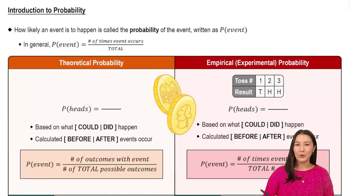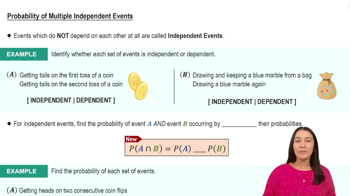Florida Pick 3 In the Florida Pick 3 lottery, you can place a “straight” bet of \$1 by selecting the exact order of three digits between 0 and 9 inclusive (with repetition allowed), so the probability of winning is 1/1000. If the same three numbers are drawn in the same order, you collect \$500, so your net profit is \$499.
a. Find the actual odds against winning.





